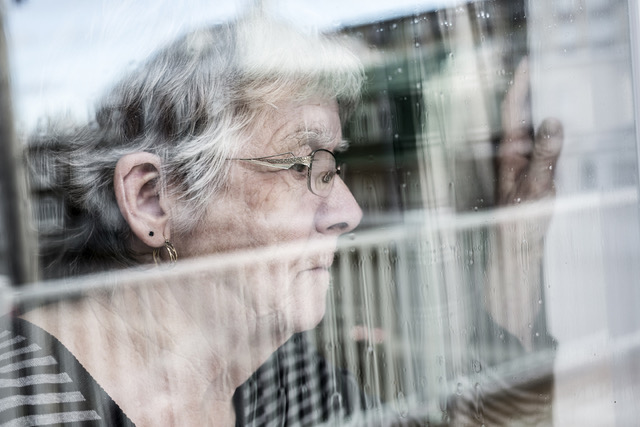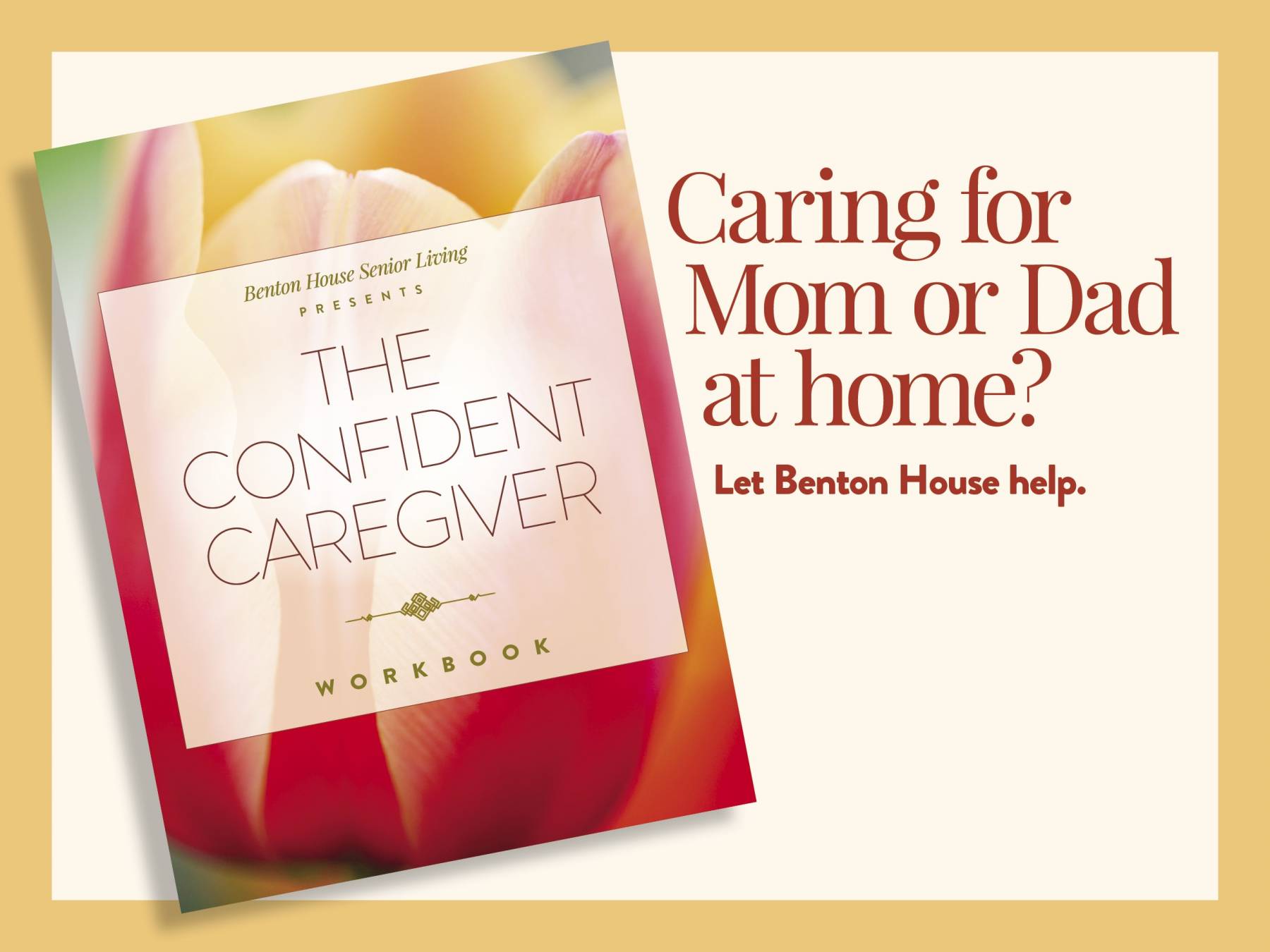If you’re a caregiver managing memory loss with a senior who is living either with you, or in their own home, our best guess is that you sometimes experience overwhelm.
In fact, it’s rare for us to talk to a caregiver of an elderly parent who isn’t overwhelmed. There’s a lot to juggle between keeping your loved one safe and healthy while attending to your personal needs (please do!).
Take it from us, it’s normal to feel swamped when it comes to senior caretaking responsibilities.
And while we (unfortunately) can’t take away the emotional weight of experiencing a loved one struggling in this way, we can offer the following bird’s eye view of what it’s important to pay attention to.
For each of the top four concerns we address, you’ll also find actionable tips to help, plus an interactive quiz for you to get a clear picture of your unique situation.
Let’s dive in.
Taking Medications Properly
The Challenge:
Over half of seniors today in the US aren’t taking their medications correctly. In fact, 15% of all senior hospitalizations are related to medication errors. Because seniors take a lot of medications, for a variety of ailments, in a variety of different ways, they’re at special risk for mediation concerns. And when you’re managing memory loss specifically, helping your loved one take their medications correctly becomes even more challenging. There’s good news though: a tailored medication system can work wonders.
Try this:
If you help take care of a senior who lives at home and needs memory care support, we recommend creating a comprehensive list that includes:
– Over the counter and prescribed medications
– Vitamins and supplements
– All doses and times
– And potential side-effects and emergency numbers
Most importantly, make sure you have a good way to ensure medications are being taken as prescribed. Of course, even with the best system, life happens. But paying close attention to just this one area can reduce the hospitalization risk in a huge way. Take this short quiz to help you get clear on your current medication needs, and whether there are ways you could use support.
Health and Fitness
The Reality:
75% of seniors don’t get enough physical activity to maintain physical fitness levels, much less improve physical fitness. Many of us could use improvement in this area, but poor fitness creates special added risks in seniors. And beyond reducing risk, exercise carries countless benefits for seniors experiencing memory loss, like supporting heart health, reducing cancer risk, improving daily task abilities (like dressing and cooking), boosting mood, and even enhancing cognition. If you’re a caregiver, it’s important to be sensitive to the subtle changes that come with decreasing fitness. Beyond the more straightforward mobility and energy levels, keep an eye out for less obvious indicators of reduced fitness, too. For example, you might also notice changes in how they’re keeping up their home and yard, reduced interest in personal hygiene, or even mood changes.
Try this:
The bright spot is that even a little activity can majorly boost fitness for seniors. The CDC recommends seniors spend 150 minutes a week of light to moderate exercise, which translates into just over 20 minutes a day. If 20 minutes is too long for your loved one to sustain, try breaking it into smaller increments. Think short walks, short senior exercise programs on YouTube, or even tasks that require movement to complete. A little effort can bring big improvements. Take this short quiz to help you get clear on how well your loved one’s current fitness plan is going, and whether there are ways you could use support.
Nutrition
The Reality:
These numbers may surprise you:
- 50% of seniors lack proper nutrition
- 30% skip at least one meal per day
- 16% consume less than 1,000 calories a day, which is not enough calories to maintain proper nutrition.
Why is poor nutrition so common for seniors?
- Lack of transportation to shopping and dining
- Inadequate supplies
- The hassles of cooking for one
- Appetite loss due to health conditions or medications effects
- Even the loneliness of eating alone can all contribute to poor nutrition
However, like encouraging fitness, you can have a tremendous impact on nutrition for your loved one. Particularly when you’re managing memory loss, a little creative planning can greatly improve nutrition.
Try this:
- Create a standard shopping list with regular needs and favorites.
- Find healthy meals to cook in advance that can be reheated.
- Get in a routine meal-prepping snacks to make them easily available.
- Schedule opportunities for social meals.
- Don’t forget hydration! Dehydration is a concern for seniors, and symptoms can look like a variety of other illnesses.
Take this short quiz to help you get clear on how well your loved one’s current nutrition plan is going, and whether there are ways you could use support.
Loneliness
The Reality:
Last on our list, but perhaps most important: isolation, which is one of the saddest challenges seniors face is isolation. 10 million seniors live alone today. And far too many have lost all social connection or the opportunity to contribute and feel valued. Factors that contribute to isolation include:
-
- The passing of spouses, relatives and friends
- Retirement and feelings of lack of purpose
- Health issues that decrease mobility or cause pain
- And the loss of the ability to drive
And isolation impacts much more than just overall happiness: it’s been found to cause or increase the severity of many diseases, including high blood pressure, chronic pain, and depression. But it isn’t inevitable. Loneliness is NOT an automatic part of the aging process. If you’re worried your loved one is spending too much time alone, there are a variety of resources.
Try this:
- Consider helping your loved one find volunteer opportunities that align with their interests and feel meaningful to them.
- Find a nearby senior center, which often has wonderful adult day care options.
- Support your loved one in keeping in touch with friends from church, the gym, or long-time friend groups to help maintain any social connections they already have.
Take this short quiz to help you get clear on how much your loved one may be experiencing social isolation plan, and whether there are ways you could use support.
Use our caregiver tools for support with the top four challenges when helping an aging parent manage memory loss
Did any of these tips for managing memory loss at home resonate? Of course, we all know there are other challenges that come with aging, but by focusing on these top four most crucial areas, you can often reduce problems that pop up in other areas.
Next Steps
Need more tailored advice or have a specific worry? Let us help. Call or send us a message to get your caregiving at home questions answered!



